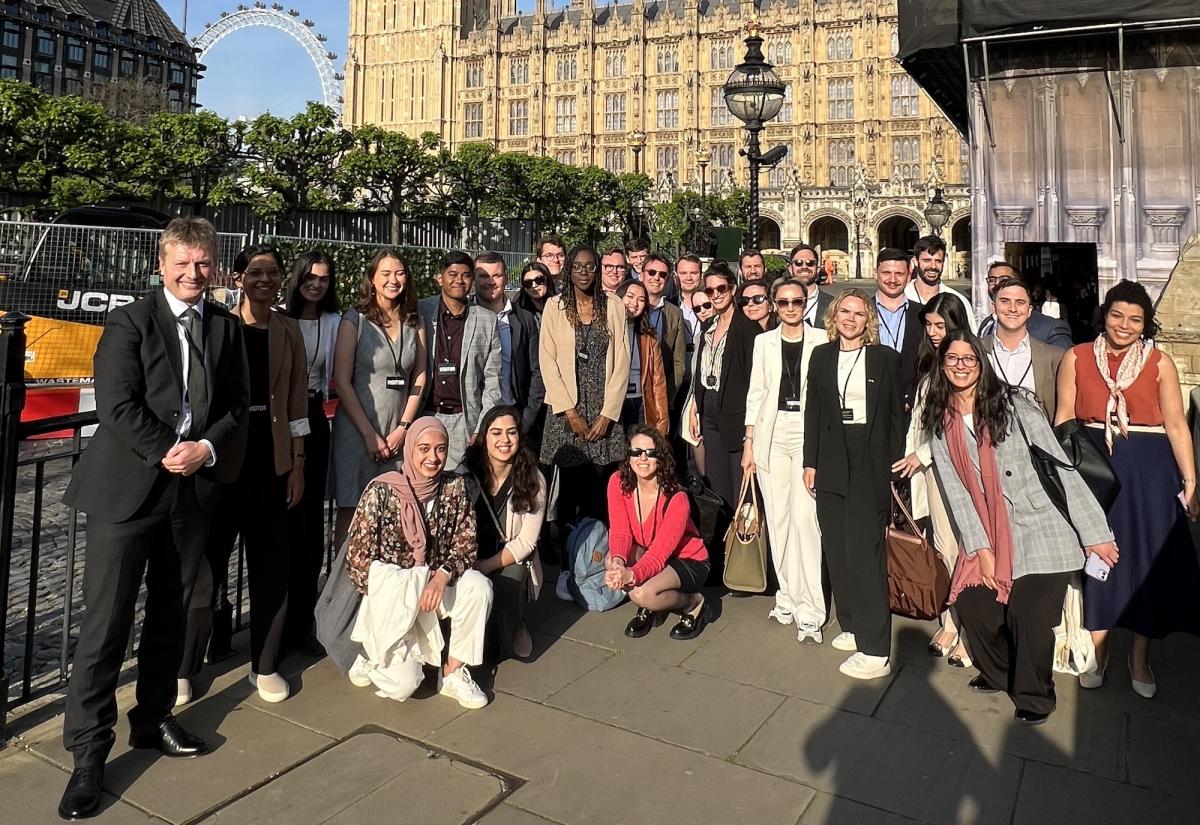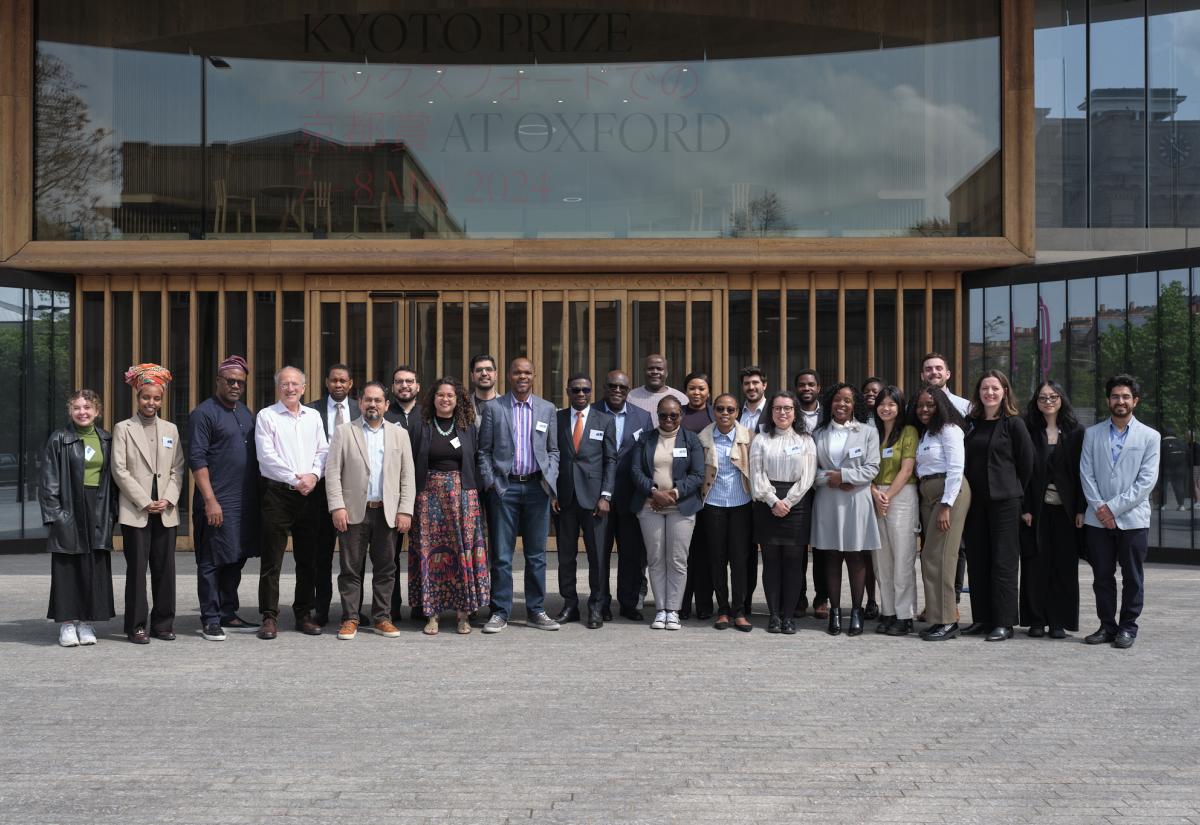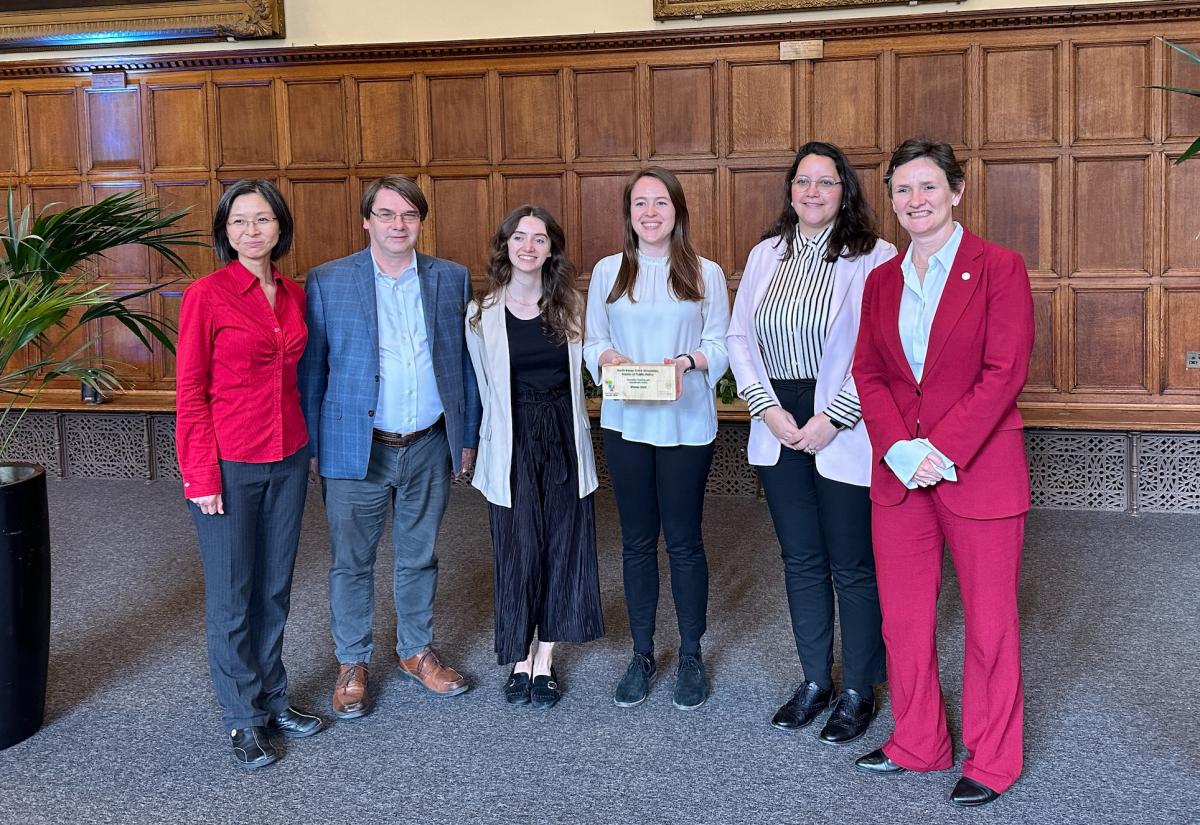A group of around twenty experts and policymakers from a variety of nations, including African countries, will meet in Oxford tomorrow to discuss the evolving outlines of climate governance and the changing priorities of African societies.
The one-day workshop “African priorities in the new climate governance” is organised by the Blavatnik School of Government and the Global Economic Governance Programme in partnership with the Africa Progress Panel (APP).
The workshop seeks to identify the challenges and opportunities for African governments, and how to best meet African priorities in an increasingly complex climate system.
Our Dean Ngaire Woods will be welcoming the participants and she’ll also chair the first session about the evolving climate regime, and APP’s executive director Caroline Kende-Robb will present the panel’s new climate report.
Thomas Hale, an associate professor at the Blavatnik School and main lead of the workshop, said: “Climate governance is evolving. Just as we move towards the climate agreement in Paris next December, the object of negotiations is shifting towards nationally determined goals. This, combined with the steady surge of climate actions and new financial tools and institutions such as the Green Climate Fund, means we need to think even more carefully about the priorities and role of African societies. We hope the workshop will offer the opportunity to share ideas and come up with innovative solutions.”
Here are just some of the questions that the workshop will address:
- What are Africa’s priorities? Climate change will have profound impacts on Africa’s natural environment, agricultural system, coastal cities, healthcare, and water supply. At the same time, governments also need to adapt their development strategies to new and greener models of energy production and industrialization.
- What can African negotiators achieve at the Paris summit and beyond? African negotiators will need to ensure that a “pledge and review” system will give meaningful voice to African countries over decisions that profoundly affect them, and that a more nationally driven negotiation process delivers the mitigation and adaptation commitments needed to meaningfully address climate change.
- How can African countries—but also cities, regions, companies, civil society groups, and other actors—achieve their goals through the groundswell of climate action at all levels? Many of the new "bottom up" climate initiatives, besides helping to address climate change, have the potential to bring tangible benefits to African countries, but African participation is far below where it could be: just three percent of climate initiatives comes from Africa.
- How can African governments and businesses best engage climate finance? Wealthy countries pledged to mobilize $100 billion per year of climate finance for poor countries by 2020, but progress toward this goal remains uncertain. The Green Climate Fund, has yet to attract significant funding and it is not clear how the climate finance regime relates to overseas development assistance.
Thanks also to the Global Economic Governance team who are organizing the logistics, and MPP student Sangjung Ha who will be serving as rapporteur.
Read a summary of the workshop on Africa Progress Panel's website.
Read about the climate actions workshop organised by Thomas Hale in Lima last month.



